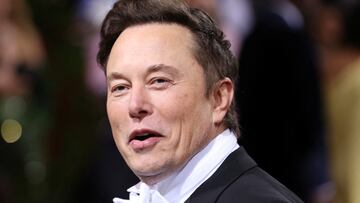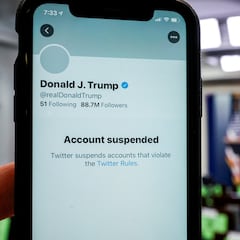Why does Elon Musk want to renegotiate the price of Twitter?
The path for the tech mogul’s acquisition has already run into numerous problems from his pause last week to new revelations he may tone down his offer.


Like some of the greatest transfer sagas in football history, the drawn out process of Elon Musk’s Twitter purchase continues to run into snags and problems, threatening to derail the project all together.
At a summit for the “All-In” podcast, Musk said he was considering lowering his offer for the platform. His initial offer of $44 billion was already about 10 percent larger than the share price of Twitter at the time, but the recent drop in share price would mean Musk would be largely overpaying for Twitter.
The longer the transaction has been taking the more problems have arisen. First, the announcement last week that the transaction was “on hold” scared investors. Musk said he wanted to ascertain the true number of spam acounts on the platform. Current Twitter CEO Parag Agrawal posted a thread on Twitter in an attempt to address these concerns.
First, let me state the obvious: spam harms the experience for real people on Twitter, and therefore can harm our business. As such, we are strongly incentivized to detect and remove as much spam as we possibly can, every single day. Anyone who suggests otherwise is just wrong.
— Parag Agrawal (@paraga) May 16, 2022
Musk estimates that the Twitter user base is made up of at least 20 percent bots, while Twitter itself says the true number is closer to five percent. Musk said he needs to see the proof before the transaction can continue.
Whichever is correct, the saga is beginning to hurt Twitter investors and drive down its stock price. Could the acquisition be in danger?
How has the Twitter stock price reacted to Musk’s comments?
When it was announced that Elon Musk had purchased a 9 percent stake in Twitter at the start of April, the Twitter stock jumped from $39.31 to nearly $50 overnight. After his purchase was announced two weeks later, the share price had remained relatively stable.
Related stories
The negative news in the last week surrounding the purchase has tanked confidence that Musk will actually pull through. Its most recent high point was May 5 at $50.36, but has sank to $38.32 on May 16, the first time that the price of a share is lower than before Musk’s intervention.
20% fake/spam accounts, while 4 times what Twitter claims, could be *much* higher.
— Elon Musk (@elonmusk) May 17, 2022
My offer was based on Twitter’s SEC filings being accurate.
Yesterday, Twitter’s CEO publicly refused to show proof of <5%.
This deal cannot move forward until he does.
“The stock price tells you that the deal is in severe trouble,” Steve Sosnick, chief strategist at Interactive Brokers, told Bloomberg. “If the deal was healthy, there would be no reason for it to be trading around a 40 percent discount to the offer price. The price is imputing a very low likelihood of the deal getting done at $54.20, and suggesting it could fall apart.”

